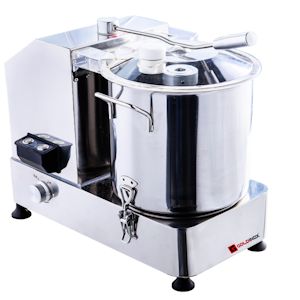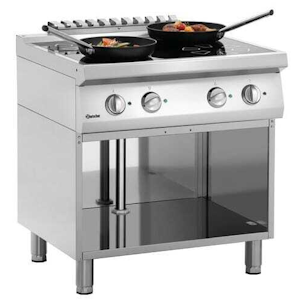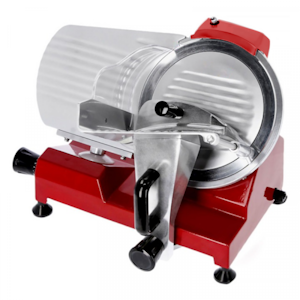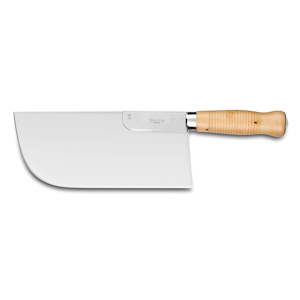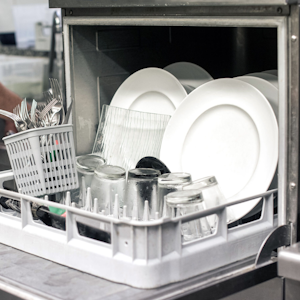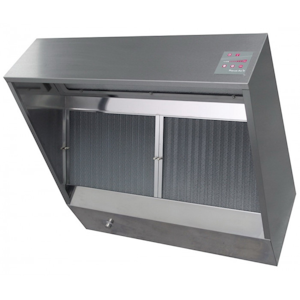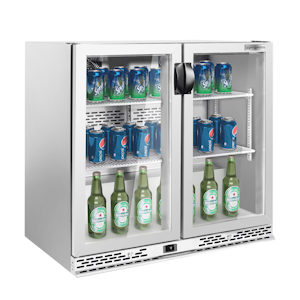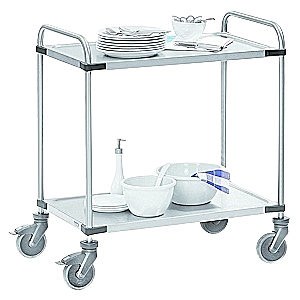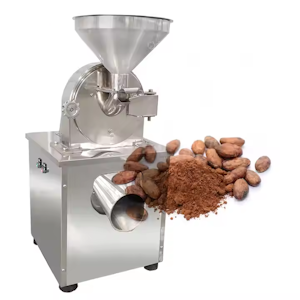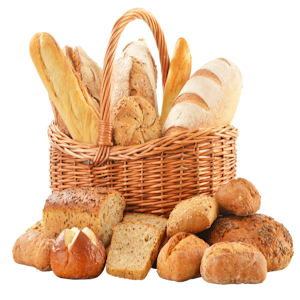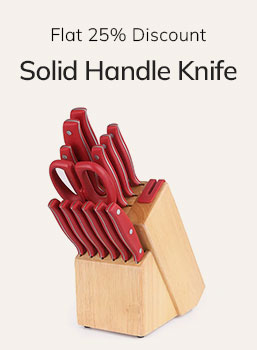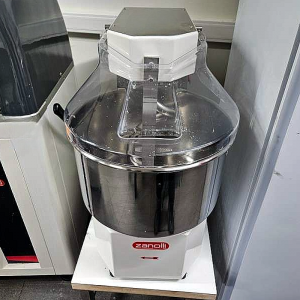New Products
New Products
-
Gas Stove 2-Burner 700.KG-2...
€1,650.64 €825.32 Tax incl. - €687.77 Tax excl. Price with an intra-community VAT number or for export -
Frucosol F50 Professional...
€2,904.00 €2,032.80 Tax incl. - €1,694.00 Tax excl. Price with an intra-community VAT number or for export -
Friteuse de Table...
€1,620.00 Tax incl. - €1,350.00 Tax excl. Price with an intra-community VAT number or for export -
Gas Industrial Burner with...
€744.00 Tax incl. - €620.00 Tax excl. Price with an intra-community VAT number or for export -
INDUSTRIAL BURNER Q621-R
€1,614.00 Tax incl. - €1,345.00 Tax excl. Price with an intra-community VAT number or for export -
INDUSTRIAL BURNER Q621-A
€1,117.20 Tax incl. - €931.00 Tax excl. Price with an intra-community VAT number or for export -
INDUSTRIAL BURNER Q621
€865.20 Tax incl. - €721.00 Tax excl. Price with an intra-community VAT number or for export -
Friteuse et son bras à Churros
€2,990.00 Tax incl. - €2,491.67 Tax excl. Price with an intra-community VAT number or for export -
UNOX Floor Positioning...
€1,248.00 Tax incl. - €1,040.00 Tax excl. Price with an intra-community VAT number or for export -
UNOX High Stand XWVRC-0711-H
€816.00 Tax incl. - €680.00 Tax excl. Price with an intra-community VAT number or for export -
UNOX Water Treatment by...
€1,728.00 Tax incl. - €1,440.00 Tax excl. Price with an intra-community VAT number or for export

Kneaders
Advantages of Dough Mixers in Bakeries, Pastry Shops, and Pizzerias
Dough mixers, or dough kneaders, are essential equipment in bakeries, pastry shops, and pizzerias. They simplify the dough preparation process, improve production efficiency, and ensure consistent quality. Here are the key advantages of using dough mixers in these environments:
1. Improved Dough Quality
- Homogeneity and Consistency: A dough mixer ensures an even blending of ingredients, resulting in a smooth and high-quality dough. This is particularly important for products like bread, pastries, and pizza dough.
- Texture Control: Mechanical kneading allows better control over the dough's texture, which is crucial for achieving the right elasticity and aeration in the dough.
2. Time and Efficiency Gains
- Fast Kneading: A dough mixer can knead large amounts of dough in less time, which is essential for businesses with high demand. This frees up time for other stages of production.
- Increased Productivity: More dough can be prepared in less time, which boosts production capacity, especially during busy periods.
3. Reduced Manual Labor
- Less Physical Effort: Manual kneading can be physically demanding, especially when handling large quantities of dough. Automated dough mixers reduce the workload on staff and minimize the risk of fatigue.
- Ease of Use: Modern dough mixers are designed to be easy to operate and maintain, making them accessible even for employees with limited experience.
4. Consistency in Production
- Reduced Variations: With a dough mixer, each batch of dough is treated identically, ensuring consistent quality for every production. This is critical for offering a uniform product, whether it’s baguettes, brioche, pizzas, or cakes.
5. Flexibility of Use
- Adaptable to Different Dough Types: Dough mixers can be used to knead various types of dough, including bread dough, pizza dough, puff pastry, or brioche dough. Some models come with adjustable speeds to suit the consistency of each dough type.
- Long or Short Kneading: Dough mixers allow control over the kneading duration, which is essential for different types of dough (e.g., some breads require longer kneading to develop the structure).
6. Better Production Management
- Efficient Planning: With dough mixers, dough preparation becomes more predictable and manageable. Bakers and pastry chefs can better organize their workday, knowing how much dough can be produced and when.
- Optimized Resource Use: Dough mixers help avoid waste by allowing better management of dough quantities.
7. Durability and Longevity
- Robustness: High-quality dough mixers are built to last, even in intensive work environments. They are made from durable materials that ensure long-term reliability and consistent performance.
- Reliability: Reduced risk of human error or variability in dough production ensures predictable and reliable results.
8. Easier Maintenance and Hygiene
- Easy to Clean: Modern dough mixers are designed to be easy to disassemble and clean, reducing maintenance time and ensuring high hygiene standards, which are essential in food environments.
Conclusion
Using a dough mixer in bakeries, pastry shops, and pizzerias not only enhances the quality and consistency of the dough but also saves time, boosts productivity, and reduces manual labor. These machines are invaluable assets for any business looking to offer high-quality products while optimizing operational efficiency.
There is 1 product.
-
Zanolli Galassia 35S Spiral Mixer 35 Liters
€2,688.00 Tax incl. - €2,240.00 Tax excl. Price with an intra-community VAT number or for export


